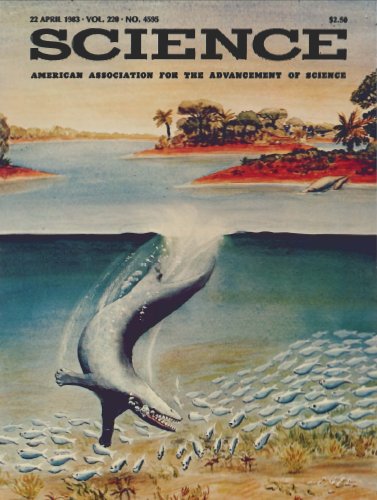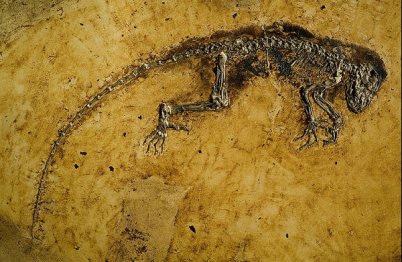If you read the comments on my previous entry, you know that an AP article recently mentioned me and a textbook that I co-authored. Well, there have been a couple of developments you might want to know about.
First, I received an E-MAIL from the author of the story (Dylan T. Lovan). In my reply to his E-MAIL, I mentioned the fact that he truncated my quote about the demographic of homeschooling. He replied with the following:
I had your full quote on the question of why the homeschool materials industry is dominated by Christian-based texts. I especially wish your last clever line about natural selection would’ve made it in.
“If I’m planning to write a curriculum, and I want to write it in a way that will appeal to homeschoolers … I’m going to at least find out what my demographic is. And that demographic is, according to most research, 85 to 90 percent conservative Christian. I think in the end if I were an evolutionist looking at that market I’d say, ‘I’m not going to waste my time on that nonsense.’ ” “If I’m a creationist looking at that market I’m thinking this is a place where my views will be received very well. So I think this is sort of a ‘natural selection.’ ”
So it was not his decision to truncate the quote to make it sound like I was saying something I clearly was not saying. It’s nice to know that, because Dylan does seem like a great guy. It also makes me wonder how much of the AP’s dismal record when it comes to bias and inaccuracies is not the fault of the reporters who write for the AP.
The other interesting thing I received as a result of the article is yet another E-MAIL talking about the spectacular success of a student who used our curriculum. A mother (Lori P.) wrote to say:
I just read the AP article attacking Apologia Educational Ministries and I had to drop everything and pray for you. According to The Associated Press, Coyne argued your books may steer students away from careers in biology or the study of the history of the earth. He also said, “If this is the way kids are homeschooled, then they’re being short-changed, both rationally and in terms of biology.” My “case study” does not involve biology or the history of the earth, but does involve a hard science. My son studied several of your books and is now completing his second year in mechanical engineering at a large university. He received “Student of the Year” both years of his pre-engineering academy, received 5 on every AP test he took, including calculus and physics, and received multiple scholarships and honors. He has a 4.0 GPA. He was just elected officer in the American Society of Mechanical Engineers at his university and he is faithfully witnessing to the campus of the truth of the gospel. He was asked to give his testimony to the Point Man Conference, a national assembly of Navigators. He and I do not feel he was short-changed by Apologia. Instead we feel sorrow for the student who experienced “confusion” when she read your book which disputed Charles Darwin’s theory. Perhaps she is the one who was short-changed by not hearing the facts of the debate.
I strongly agree with this mother, and I am glad that the article inspired her to write to me to give yet another example of how successful a young-earth creationist education in the sciences can be. For more examples, you can go here, here, here, here, and here.
You might note that in the AP article, Dr. Jerry Coyne used his fervent faith in evolution to predict that my books “may steer students away from careers in biology or the study of the history of the earth.” Instead, the myriads of success stories clearly show that my books do exactly the opposite. Thus, while this is not a failed prediction of the theory of evolution itself, it is a failed prediction made by an evolutionist, based on his evolutionary faith. Not only does evolution produce lots of failed predictions, it seems that evolutionists do as well. Of course, that’s not surprising. If you base your view on unscientific ideas, you will come to unscientific conclusions!



